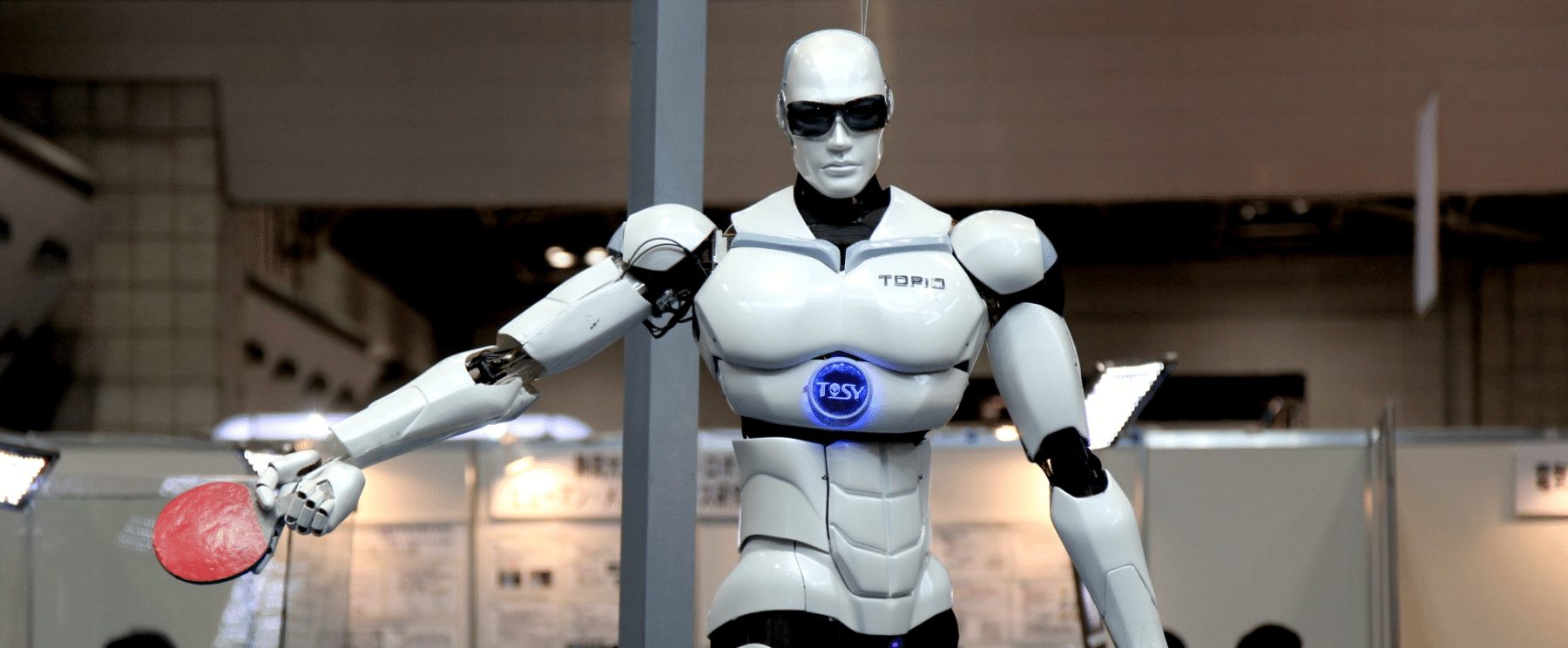Will robots take our jobs?
When the first self-service checkouts arrived on the high streets of London, there was uproar about whether it would replace low skilled jobs in this country. Surveys were conducted about how shoppers would prefer a human experience as opposed to being yelled at by a machine telling you “there’s an unexpected item in the checking area.”
Despite these criticisms, the number of these machines rose from 92,600 in 2008 to 430,000 by 2014 worldwide.
A recent report published by Oxford University has suggested that up to 35% of existing UK jobs are at risk of automation in the next 20 years. Production lines are now being replaced by manufacturing robots as they can guarantee the same movement repetition every single time.
It has long been assumed that graduate jobs would be safe from automation since they are perceived as being more difficult. However, jobs in data and business management are actually easier for computers to do than jobs which require manual labour. This is known as the Moravec paradox.
Performing repetitive tasks is trivial for computers. The challenge is where some intuition is required
In the early 1980s, Hans Moravec and others suggested that high-level reasoning requires very little computation, but low-level skills require enormous computational resources. In essence: complex mathematical calculations are cheap and easy for a computer to process, but to be able to perform physical movements requires far greater resources.
There are many examples of skilled human workers being replaced by machines. Finance companies use computers to make detailed predictions and decisions on the stock market in nanoseconds – faster than it could ever have been done by rooms full of statisticians. Complex engineering calculations calculating the flow of air and other fluids around an aeroplane can now be done in a day. With Moore’s law saying that computational performance will increase every 18 months, robots’ abilities will only develop faster and faster.
Performing repetitive tasks is trivial for computers. The challenge is where some intuition is required. When we pick up an object, we instinctively know how much force we need to put on it so that we can lift it, but not damage it. Our spatial recognition is another key factor in this too. If you’ve been following autonomous cars recently, you’ll know that one of the major obstacles is being able to detect potential collisions and hazards that may appear on the road.
So it’s not low skilled jobs that are under threat from robots. It’s the high skilled workers, who once needed specialist knowledge for a particular set of “complex” tasks – tasks that can easily be transferred into an algorithm.
The Boar’s advice: learn to code so you have the upper hand whatever happens.

Comments